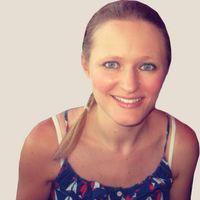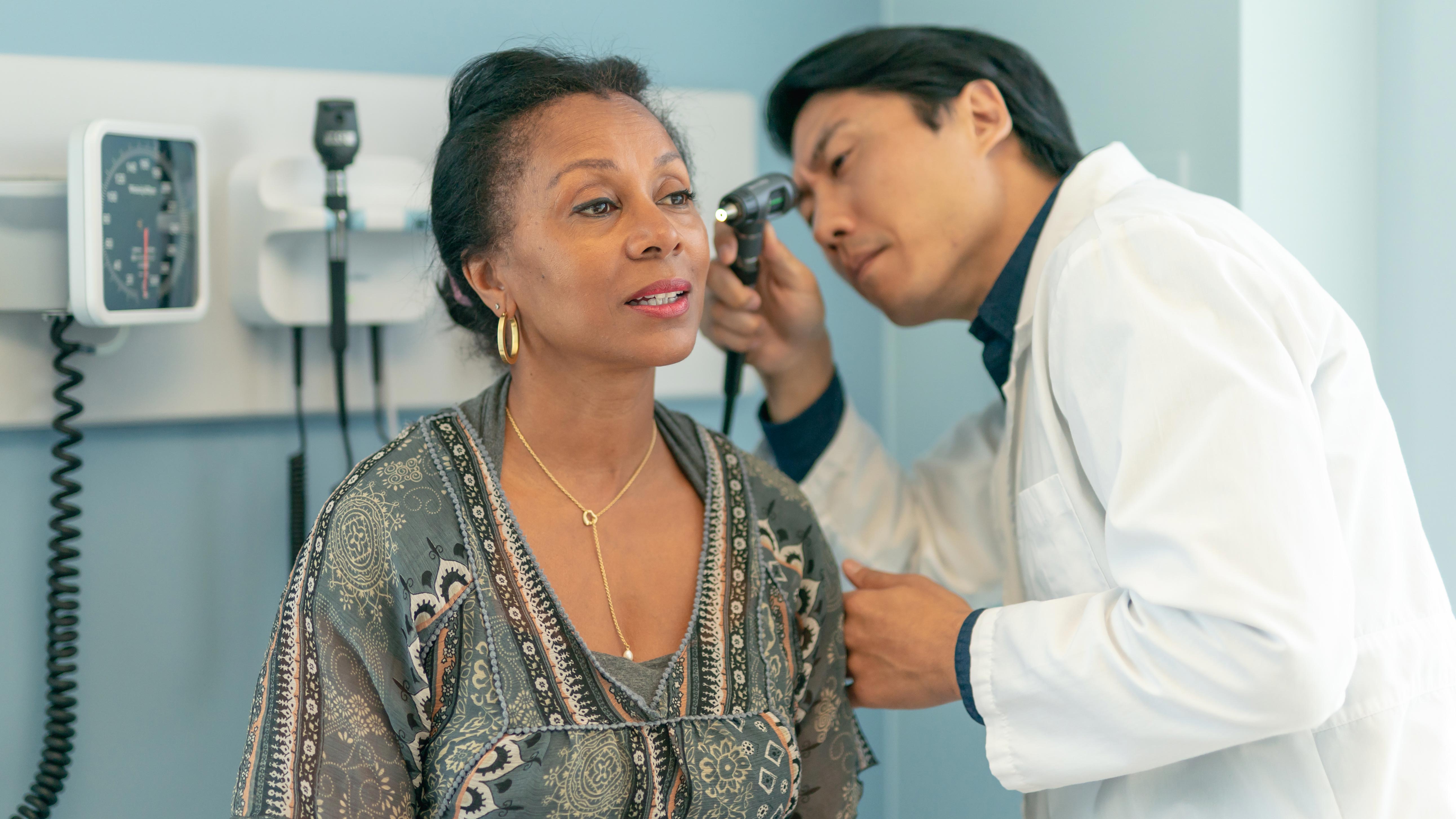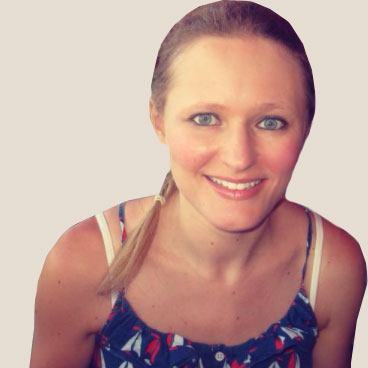Hearing tests: tell-tale signs you need one and what to expect
Many people put off going for a hearing test - but it's nothing to fear! Here's everything you need to know...


Never been for a hearing test? You’re not alone. It’s one area of our health that often gets neglected, and those suffering can take an average of 10 years to seek help.
Meanwhile, the EuroTrak 2012 survey showed 53% of Brits had never been for a hearing test. By 2018 that figure had fallen just 5% to 48% - so it seems we’re not taking our aural health seriously.
- Types of hearing loss explained
- Six expert tips to reduce your risk of hearing loss
- Menopausal weight gain: everything you need to know
‘Hearing seems to fall to the bottom of our list of priorities,’ says Dr Hilary Jones, Medical Advisor to Hidden Hearing. ‘When left undiagnosed, hearing loss can impact quality of life and relationships. It can also lead to increased risk of dementia, and make us more predisposed to depression and social anxiety.’
'The ear is an advanced and very sensitive organ of the human body,’ says Hidden Hearing audiologist Farhait Kiani. ‘Its main function is to transmit sound to our brains. But our hearing is also important for balance, telling our brain about body movements and head position,’ she adds. Like the rest of our body, our ears age and our hearing can be affected.
This makes regular ear tests all the more important once we reach a certain age. But what is that age, what happens on an ear test - and what if it turns out you’re in need of a hearing aid? Read on to discover the answers to all these questions and more...
How do you know if you need a hearing test?
Audiologists say those aged 55+ a should have their hearing checked every two years, as most hearing loss appears gradually.
Can you check your hearing at home?
‘Tell-tale signs that indicate your hearing has worsened include turning the TV up too loud, conversations becoming difficult in noisy places and asking people to repeat themselves,’ says audiologist Samantha Dixon.
Start your week with achievable workout ideas, health tips and wellbeing advice in your inbox.
If you're concerned about your hearing, online tests are available that can give an indication of whether you need a longer test with an audiologist.
Free online checks are offered by the likes of Olive Union and Resound in the US, and Boots and Hidden Hearing in the UK. You'll typically need just a pair of headphones and a quiet spot to take the test.
What happens at a hearing test?
‘The audiologist will ask about areas of hearing you’re struggling with,’ says Samantha. ‘They’ll run through your medical history and check the health of your ear drums and ear canal.’ Finally, you’ll don headphones to hear a range of pitches. Each time you hear a sound, you’ll press a button.
What does a hearing aid feel like?
‘It may feel strange wearing one at first,’ says Samantha. But even basic versions are individually made to fit your ear. Plus, there are discreet wireless options available too.'
If a hearing aid won’t help, children (and some adults), may be offered a cochlear implant which detects sound and stimulates the auditory nerve.
Natalia is a health and fitness journalist who has written for the likes of Woman & Home and Marie Claire, and likes to practice what she preaches when it comes to staying fit and well. She loves the outdoors and would happily swap the treadmill for the trail at any opportunity. As such, in her free time you'll likely find her up a mountain somewhere. She has hiked eight of the major mountain ranges across four continents, including the Appalachians, the Smokies, the Sierra Nevadas (where she hiked to the top of Half Dome during her honeymoon) and the Atlas Mountains, as well hitting the summits of Snowdon and Pen-Y-Fan (Brecon Beacons), Table Mountain in South Africa and the Blue Mountains in Australia. She was also a fencer for 13 years, wielding an epée for Team GB during her teenage years. Having recently welcomed a baby, Natalia is currently getting back into her fitness routine, and has her sights set on completing a triathlon, something she and her husband started out on before their bundle of joy arrived.
